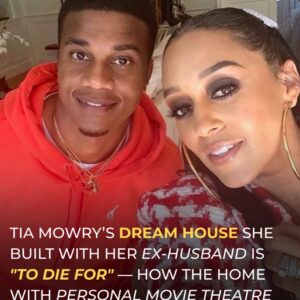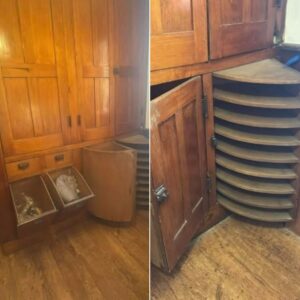I had been walking the cold beach, lost in my thoughts after my divorce and failed IVF, when I spotted a small boy running barefoot along the quay. His pajamas were soaked, his face pale with fear. Before I could reach him, he tripped and plunged into the freezing ocean. I dove in after him, dragging his trembling body to the rocks. As he gasped for breath, he whispered, “Don’t want Daddy. He hurt Mommy,” before passing out. Moments later, a man came running — his father — thanking me as he carried the boy away. But those six words haunted me long after they were gone.
Days later, I saw them again around town. The boy, Thomas, looked quiet, always walking behind his father, eyes downcast. Once, I noticed a dark bruise on his arm. When I asked the man — Adam — about it, he brushed me off, saying Thomas hadn’t been coping since his mother’s death. But his defensiveness sent chills through me. I couldn’t ignore the child’s fear, his desperate whisper echoing in my mind.
Eventually, I found Thomas alone by the sea and gently asked what he meant. His story spilled out — how his mother cried in pain, how his father carried her away despite her pleas, and how she “didn’t come back.” My heart broke. I took him home, determined to face his father. That’s when Adam told me the truth: his wife had died suddenly of a brain aneurysm. He had tried to save her, but to Thomas, it had looked like violence — a child’s misunderstanding of tragedy.
Inside, Thomas sat at the table, silent and confused. I knelt beside him and told him my own story of loss — how sometimes people leave not because someone made them go, but because life gives no choice. His eyes filled with tears. Then, he ran to his father, wrapping his arms around him. Adam mouthed a silent “thank you.” Watching them, I realized something profound — maybe I wasn’t meant to be a mother by blood, but by heart. And that day, I finally felt whole again.





